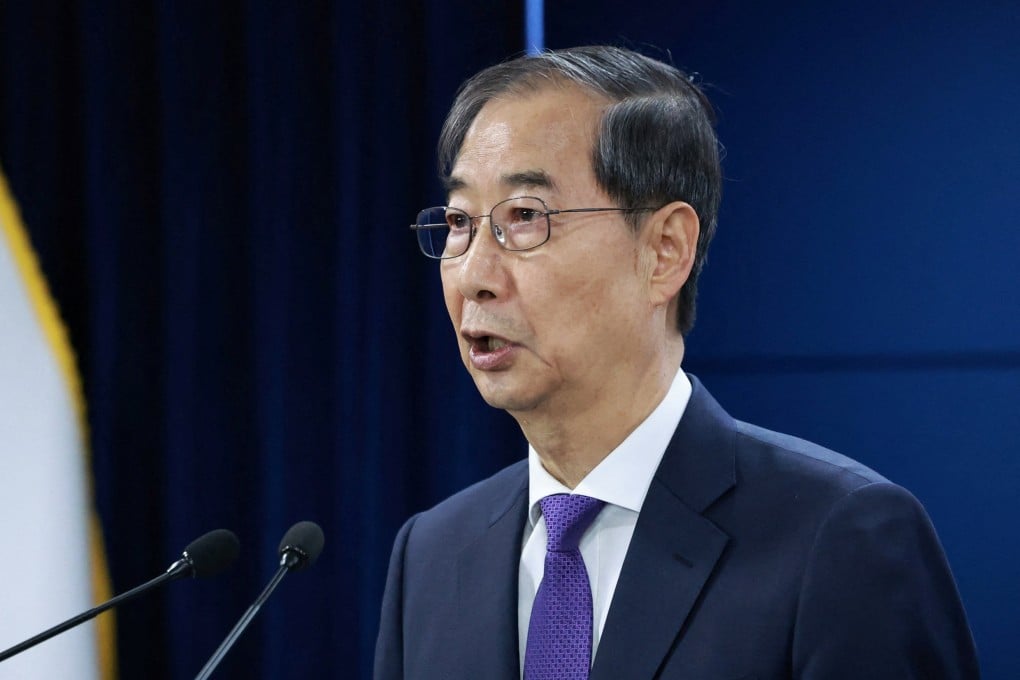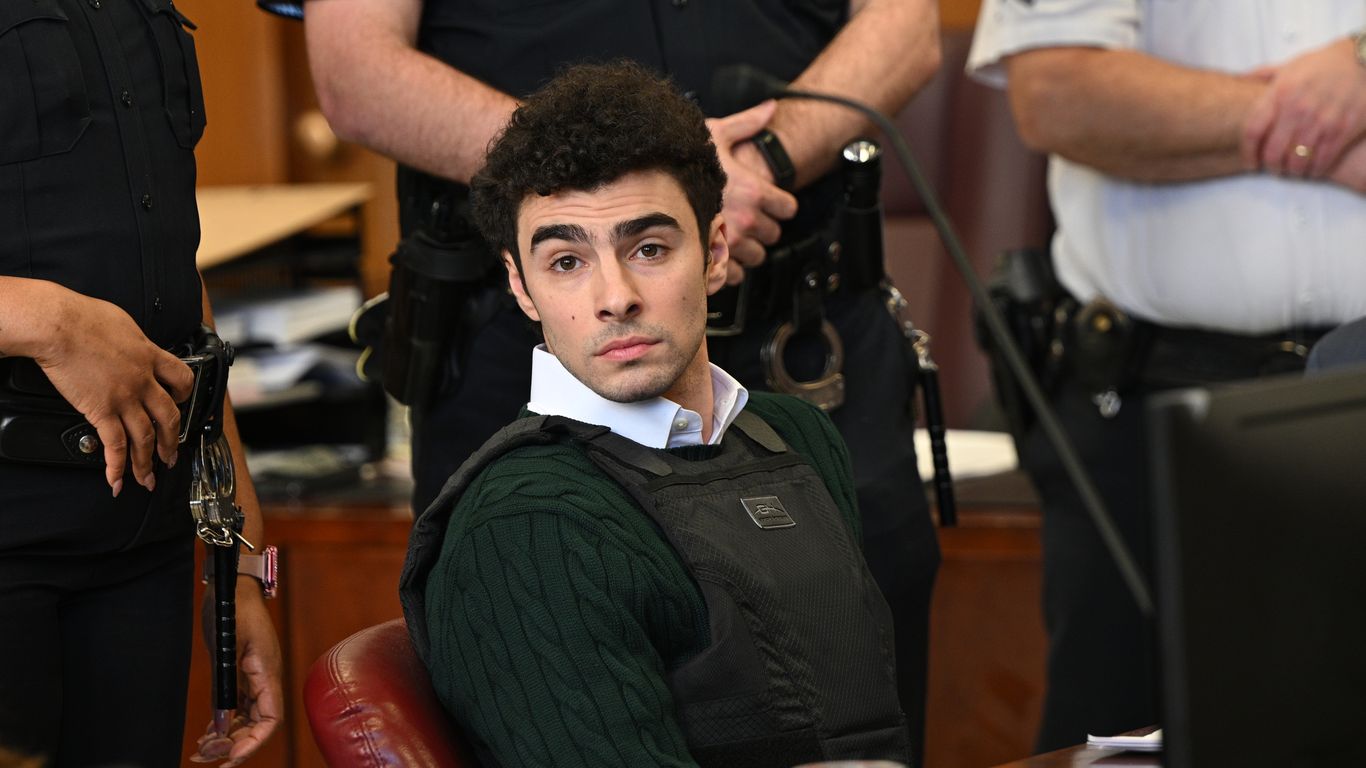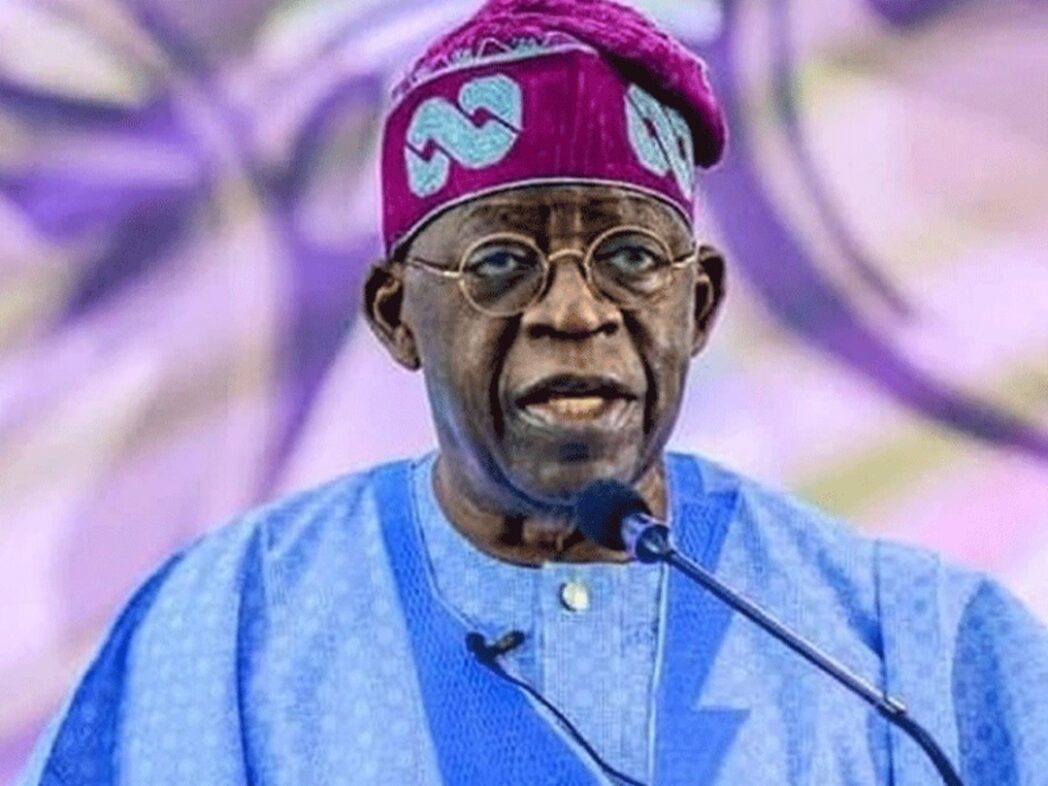A GOP-backed push for cuts to public broadcasting is picking up momentum in Congress as lawmakers brace for a formal request from the Trump administration to claw back millions of dollars in funds.But concerns are bubbling up among some Republicans over what those cuts could mean for programs and constituents back home.“I think most Nebraskans like our NPR, PBS,” Rep.
Don Bacon (R-Nebraska) said on Tuesday, when talking about the local stations affiliated with both networks.“I could see some reductions, but to just cut them out,” Bacon said, adding he hasn't "committed one way or the other way."But he said he's had a "great working relationship" with the local public stations and that "they've been fair.

"“I like PBS in Idaho, they do some great programs that you’ll lose, frankly,” Rep. Mike Simpson (R-Idaho) also said on Tuesday. “I understand other members view public television differently in their states.
”“So, you know, you have to vote your district,” he added. Reports broke earlier this month that the White House was preparing to send Congress a “rescissions package” that sought to claw back about $1 billion in already authorized funds for the Corporation for Public Broadcasting (CPB), along with billions of dollars in cuts to other agencies.The White House had been expected to send the package upon lawmakers’ return to Washington this week.
But Speaker Mike Johnson (R-La.) told reporters on Tuesday that the package “will be a little bit delayed.”Johnson said the Office of Management and Budget is “trying to finish the calculations,” adding his expectation is the request will be sent “next week.
”Conservatives have been putting pressure on the administration to send a package of proposed cuts to Congress, as frustration has grown within the GOP over courts thwarting efforts by Trump to reshape the federal government.“I think everything needs to be on the table. We’re $37 trillion in debt,” Sen.
Cynthia Lummis (R-Wyo.) said Monday when asked about proposed cuts to NPR and PBS.“It’s unsustainable.
We can’t go on like this,” she said. “We have an administration in the White House that's willing to take a hard look at things, literally take a hard look at everything, and put out some pretty bold initiatives to reduce spending and help us better match our revenue with our expenditures.”Tensions between President Trump’s supporters and public broadcasters have been percolating for years, with the president’s most recent call to defund NPR and PBS serving as an inflection point between the two sides.
Conservatives have long accused the outlets of bias against them. Trump’s Federal Communications Commission Chair Brendan Carr has vowed to investigate NPR and PBS over their funding model and editorial bend.The vast majority of NPR’s funding comes from private donations and revenue from member stations, though CEO Katherine Maher testified before Congress last month the outlet took in approximately $10 million in federal funding last year.
Maher, who has stressed she has no editorial role at NPR, has come under fire from conservative critics for social media posts made before she took the job at NPR criticizing Trump and expressing progressive viewpoints.“NPR dug themselves in the hole, and there's just been a lot of frustration for years, and, you know, they just seem to have never gotten the message,” Rep. Robert Aderholt (R-Ala) said Monday.
He added that public television in Alabama “is very good,” however, and said “they are not into a more of a liberal bent, but there’s no question that NPR is.”The Trump administration in its request reportedly accused both NPR and PBS of actions that ran against its policies. It specifically pointed to a 2022 program produced by PBS that focused on a transgender woman in Ohio who came out to her bowling league.
Leaders of local public broadcasting stations, meanwhile, have warned any cuts to their funding would have severe negative consequences for viewers and listeners, particularly in rural communities where a dearth of local news exists.Pressed about the potential cuts on Tuesday, Paula Kerger, president and CEO of PBS, said in a statement the “effort underway to get Congress to rescind public media funding would disrupt the essential service PBS and local member stations provide to the American people.”“Rescinding these funds would devastate PBS member stations and the essential role they play in communities, particularly smaller and rural stations who rely on federal funding for a larger portion of their budgets.
”While the Trump administration has not yet sent its rescissions request to Congress, Bobby Kogan, a former Senate Democratic budget aide and senior director of federal budget policy at the Center for American Progress, said cutting upwards of $1 billion in funding to CPB would deal a sizable blow to federal funding for the nonprofit corporation for the coming years.As part of a bipartisan deal last year, Congress agreed to more than $500 million in funding for the CPB, which also receives advance funding for subsequent fiscal years. But through the rescissions route the Trump administration is eyeing to make the cuts, Republicans would be able to jam through Trump’s proposals with a simple majority in the Senate, bypassing the likely Democratic opposition that could hold up the annual appropriations bill that funds CPB if it’s not bipartisan.
However, Republicans would need near unanimity to pass such cuts without Democratic support in both chambers. The rescissions attempt could also pose a key test for Republicans, particularly as conservatives have signaled more appetite for further requests to secure larger funding cuts. “I wouldn’t say there’s much recent precedent to doing a rescissions package,” Kogan said, noting the previous attempts by the first Trump administration that proved ultimately unsuccessful.
“I think if this one fails, it’s probably the end of their rescissions attempts, and if this one succeeds, maybe they try to do more,” he said. Mychael Schnell contributed..
Politics

GOP push for cuts to NPR, PBS gains steam but some are skeptical

A GOP-backed push for cuts to public broadcasting is picking up momentum in Congress as lawmakers brace for a formal request from the Trump administration to claw back millions of dollars in funds. But concerns are bubbling up among some Republicans over what those cuts could mean for programs and constituents back home. “I think [...]















